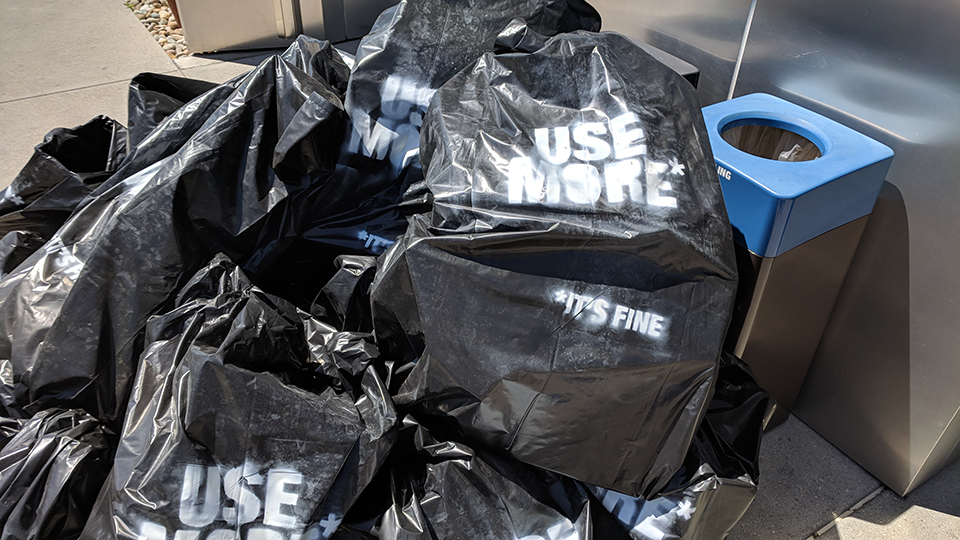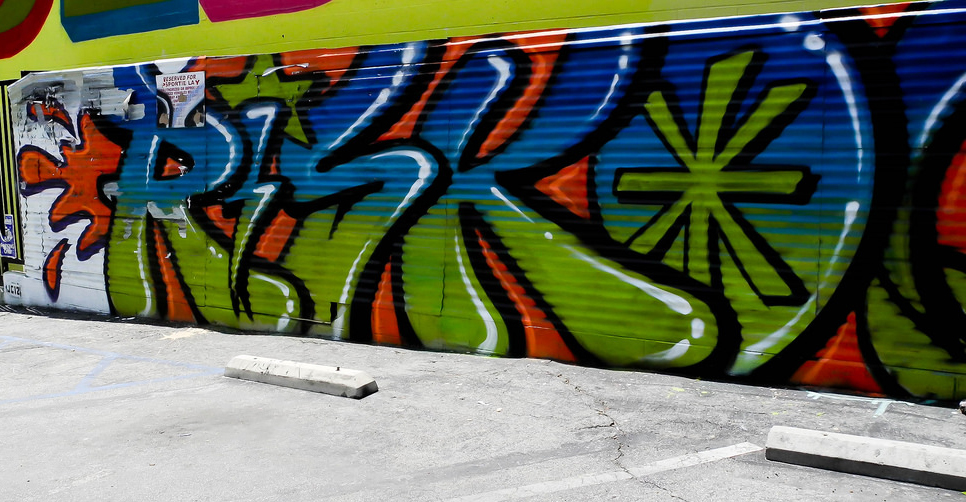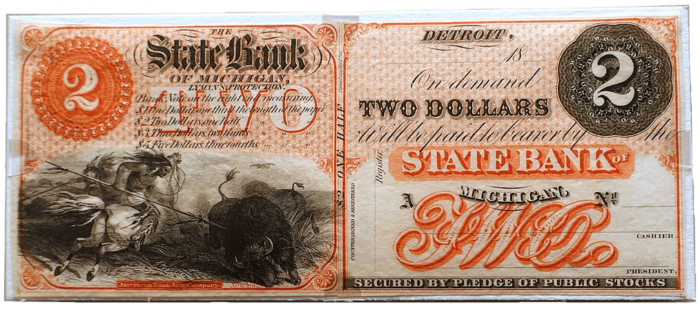Section 10: TRACK 5
Management
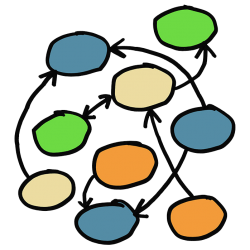
← Return to Seizing an Alternative | Section X
Track 5: Management
Contrary to popular misconceptions, leadership in large organizations (business management) does not have to be practiced in an inhuman and destructive manner. “Applied Process Thought, ” inspired by the thought of Alfred North Whitehead, can help the American workplace be much more relational and friendly place in which life can flourish.
Track Heads
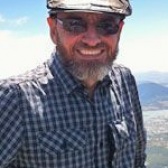
Mark Dibben
Associate Professor in Philosophy of Management
Mark took a double First Class Honours degree in Management and Japanese Studies before gaining an MSc with Distinction in Entrepreneurship. His PhD was in Enterprise and Organisation Studies under one of the founding fathers of the Entrepreneurship discipline in the UK, Michael G. Scott. This was an inherently philosophical study of the trust process, as it manifests itself between entrepreneurs and their businesses’ stakeholders, culminating in a Whiteheadian rendering of the nature of interpersonal trust and cooperation. He spent his early career at the Scottish Universities of Aberdeen and latterly St Andrews, where he established the Chapter for Applied Process Thought, the UK node of the International Process Network (IPN) of thirty-plus research centres around the globe concerned with the study and application of process metaphysics. He was Executive Director of the IPN from 2008-2011 and remains on the Board. He is also Co-Editor with Paul Griseri (Middlesex Univ), R. Edward Freeman (Univ of Virginia), and Frits Schipper (Free Univ. of Amsterdam) of Philosophy of Management (Springer-Verlag), and an editorial board member of Process Studies. Before joining the University of Tasmania in November 2010, he was Associate Professor of Management at Monash University, Victoria.
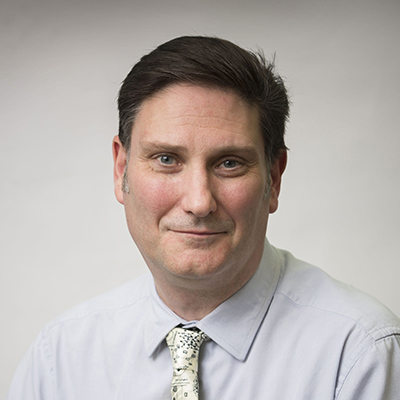
Bruce Hanson
Dr. Hanson comes from a background both as a manager of information technology and an academic. He worked for several years with project management and database optimization in the direct response marketing industry. During this time he headed up a new product development effort and saw it through its successful market introduction. Based on this experience, he returned to school to learn how to better optimize the social and technical systems in organizations, earning his PhD through consulting and organizational redesign projects in a wide variety of firms. He has a continuing interest in action research approaches to education and organization development, particularly focusing on developing learning organizations that jointly optimize technology and social systems. A focal question in his consulting, research and teaching is: how can we assist the development of the true, good and beautiful through our project work?
Suggested Resources
Links to Section-related books and media for pre-conference preparation include:

